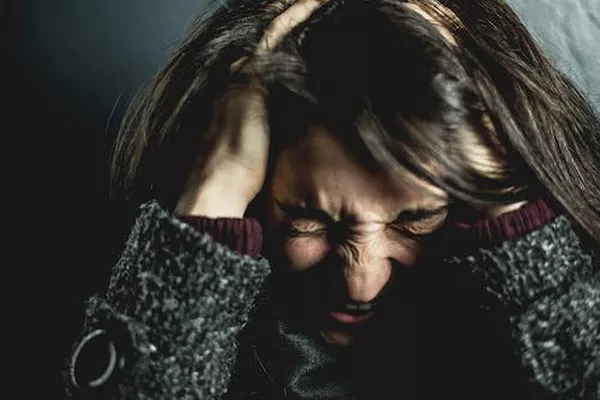A recent report by the Australian Medical Association (AMA) has revealed alarming wait times for mental health patients in South Australian hospitals. According to the 2024 Public Hospital Report Card: Mental Health Edition, patients in South Australia are experiencing an average wait of 10 hours before being assigned a bed, the highest in mainland Australia. This figure is notably two hours longer than the national average, with one in ten patients waiting over 31 hours in emergency departments (EDs).
Context and Concerns
Dr. John Williams, President of AMA SA, expressed deep concern over these findings. He emphasized that the prolonged wait times affect some of the most vulnerable individuals in the community, stating, “Many of the patients represented in these figures are highly distressed and in need of urgent care.” Dr. Williams stressed that these patients should receive treatment in specialized mental health beds rather than being confined to overcrowded EDs for extended periods.
While South Australia has increased its mental health capacity—adding 45 specialized beds from 2017 to 2023—the high patient loads counteract this progress. Despite a decrease in mental health-related ED presentations, the numbers remain higher than the national average, indicating an ongoing unmet need for community mental health services.
Call for Community Support
Geoff Harris, CEO of the Mental Health Coalition of South Australia, described the situation as “alarming” and pointed out the need for investment in community support services. He referred to a study which estimated that an annual investment of $125 million would be required to provide adequate support for 19,000 individuals who currently lack assistance.
Harris criticized the state government for not addressing this funding shortfall, highlighting that the growing pressure on crisis services is a “direct consequence of not investing in stopping the crisis.” He called for a shift in focus from hospital beds to community support, urging the government to prioritize investment in preventive care to alleviate the strain on hospitals.
Government Response
In response to the increasing demand for mental health services, Health Minister Chris Picton acknowledged the need for better access. He announced plans to boost the number of mental health beds by 130, increase funding for non-governmental organizations (NGOs) providing mental health services, and expand psychosocial support programs outside of hospitals.
Picton noted that investments in acute and community mental health services are vital, stating, “When people can access the right care early and are linked with longer-term supports, it helps avoid stressful emergency department visits.”
Since the Labor government took office in 2022, funding for state-commissioned psychosocial programs has risen by 42%, while total operating expenditure on mental health has increased by 9% annually.
Conclusion
The report underscores a critical situation for mental health care in South Australia, highlighting the need for comprehensive reform and adequate funding. As the state government strives to reduce ramping hours in hospitals—reportedly achieving a 44% reduction in ramping in September—the focus must also remain on enhancing community mental health services. Collaborative efforts from all levels of government will be essential to address the growing mental health burden and improve outcomes for patients in need.
Related Topics:



























